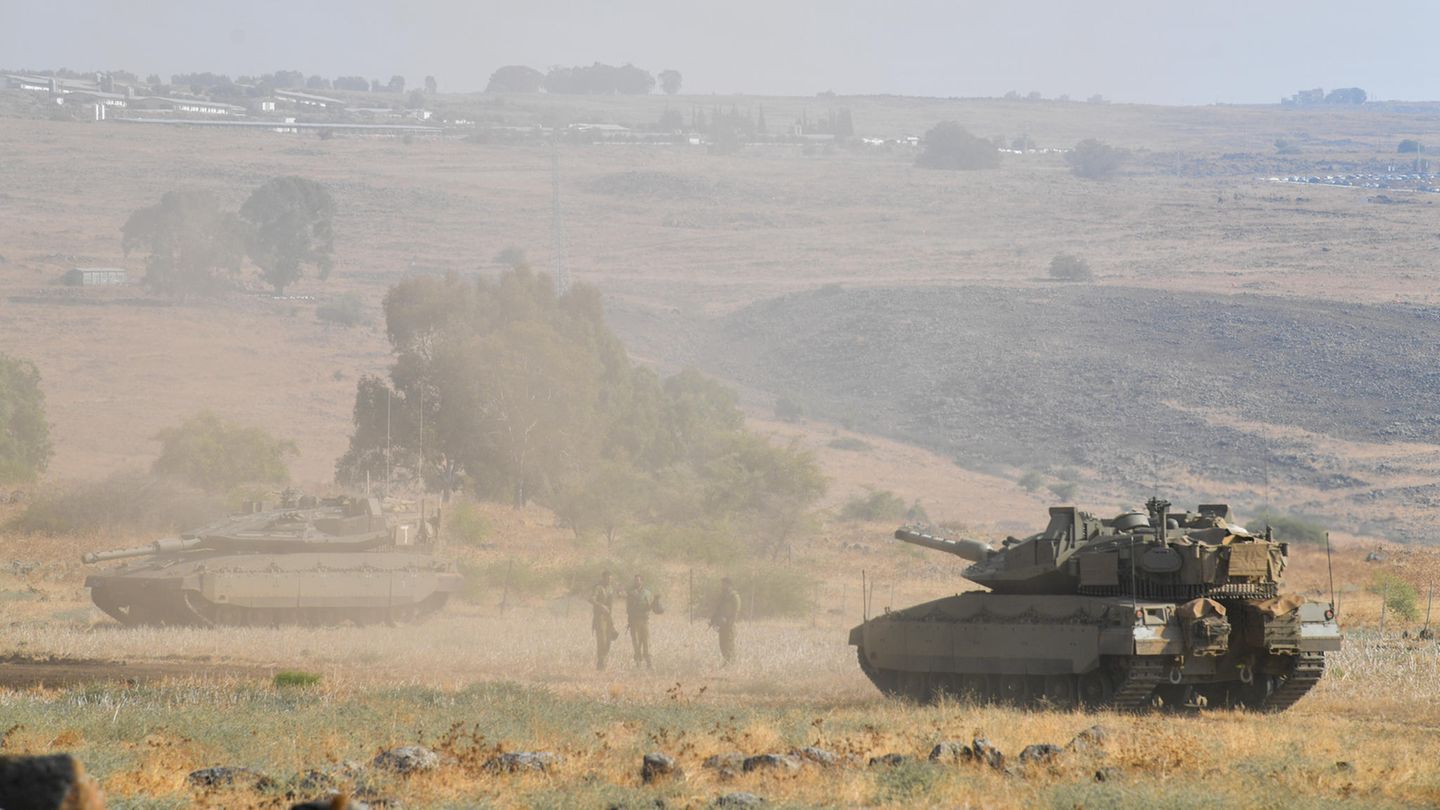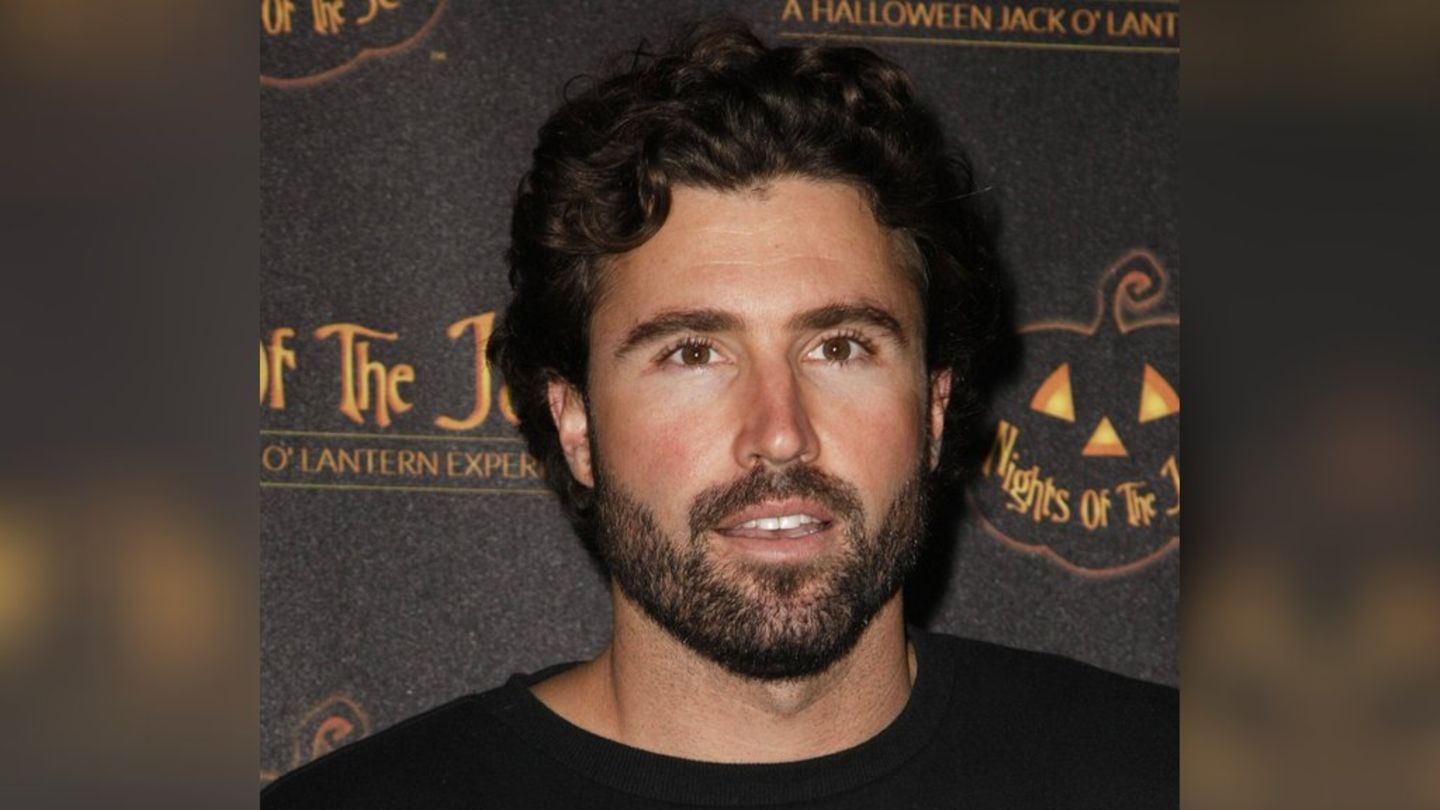Were the exploding radio devices just an attempt to weaken Hezbollah? Or even the preparation of an intervention in southern Lebanon? Much points to the latter.
Israel has completed preparations for an offensive against the radical Islamic Hezbollah militia in southern Lebanon. The Chief of General Staff has approved the corresponding plans, the military said in a statement on Thursday afternoon. Details were not initially disclosed.
Hezbollah leader Sajjed Hassan Nasrallah declared almost at the same time that the residents of the northern regions of Israel on the border with Lebanon would not be able to return to their homes. The militia would not allow this. Hezbollah hopes that Israel will invade southern Lebanon, as this would offer his organization a “historic opportunity.”
Almost daily artillery and rocket fire for eleven months
Since the outbreak of the Gaza war almost a year ago, Hezbollah militia and the military in the border region have been attacking each other almost daily with artillery fire and rockets or drones. Thousands of Israelis have fled their homes to escape the danger. Prime Minister Benjamin Netanyahu, who is under domestic political pressure, has promised to create the conditions for the safe return of the displaced. The military is now supposed to implement this.
Accordingly, Israel’s Defense Minister Joav Galant announced on Thursday that the attacks on Hezbollah would continue. “Hezbollah feels persecuted,” Galant said at a meeting with representatives of the military and intelligence services, according to his office. “Our series of military actions will continue.” The meeting covered various scenarios in the fight against Hezbollah. The goal is for the inhabitants of northern Israel to return to their homes. “Over time, Hezbollah will pay a growing price.”
According to the Israeli military, the Hezbollah militia has turned southern Lebanon into a war zone. The Islamists have used houses as weapons depots, dug tunnels underneath them and used civilians as human shields. The Israeli military operation is intended to restore security in northern Israel.
Hezbollah: Israel has crossed red lines in Lebanon
Hezbollah leader Nasrallah called the recent attacks by exploding radio receivers and walkie-talkies on Tuesday and Wednesday a massacre and a test for Hezbollah. Although the group had suffered a heavy blow, it would not be overthrown. Hezbollah had now increased the readiness of its members and weapons systems. Israel had crossed red lines, he said.
The government in Jerusalem has neither acknowledged nor denied responsibility for the explosions of the devices. During Nasrallah’s speech, the Israeli Air Force triggered a sonic boom over Beirut, according to a reporter from the Reuters news agency.
France and the USA try to de-escalate
According to his office, French President Emmanuel Macron spoke on the phone with high-ranking politicians and military officers in Lebanon. They should influence the Hezbollah militia to avoid an escalation. US Secretary of State Antony Blinken said shortly afterwards that they shared France’s position. In his government’s view, a ceasefire is still possible and necessary. Neither party to the conflict should cause an escalation that would make such an agreement more difficult.
Hezbollah, which is supported by Iran, increased its rocket fire at Israel immediately after the Gaza war began on October 7. Since then, both sides have exchanged fire almost daily. On Thursday, for example, two Israeli soldiers were killed near the border, according to official reports. The Israeli broadcaster N12 reported that one soldier was killed by a drone, the other by an anti-tank missile.
Tens of thousands of people on both sides of the border have fled their homes in the region. The fighting on the border is fuelling concerns that the Gaza conflict could escalate into a regional conflagration.
Source: Stern
I have been working in the news industry for over 6 years, first as a reporter and now as an editor. I have covered politics extensively, and my work has appeared in major newspapers and online news outlets around the world. In addition to my writing, I also contribute regularly to 24 Hours World.




